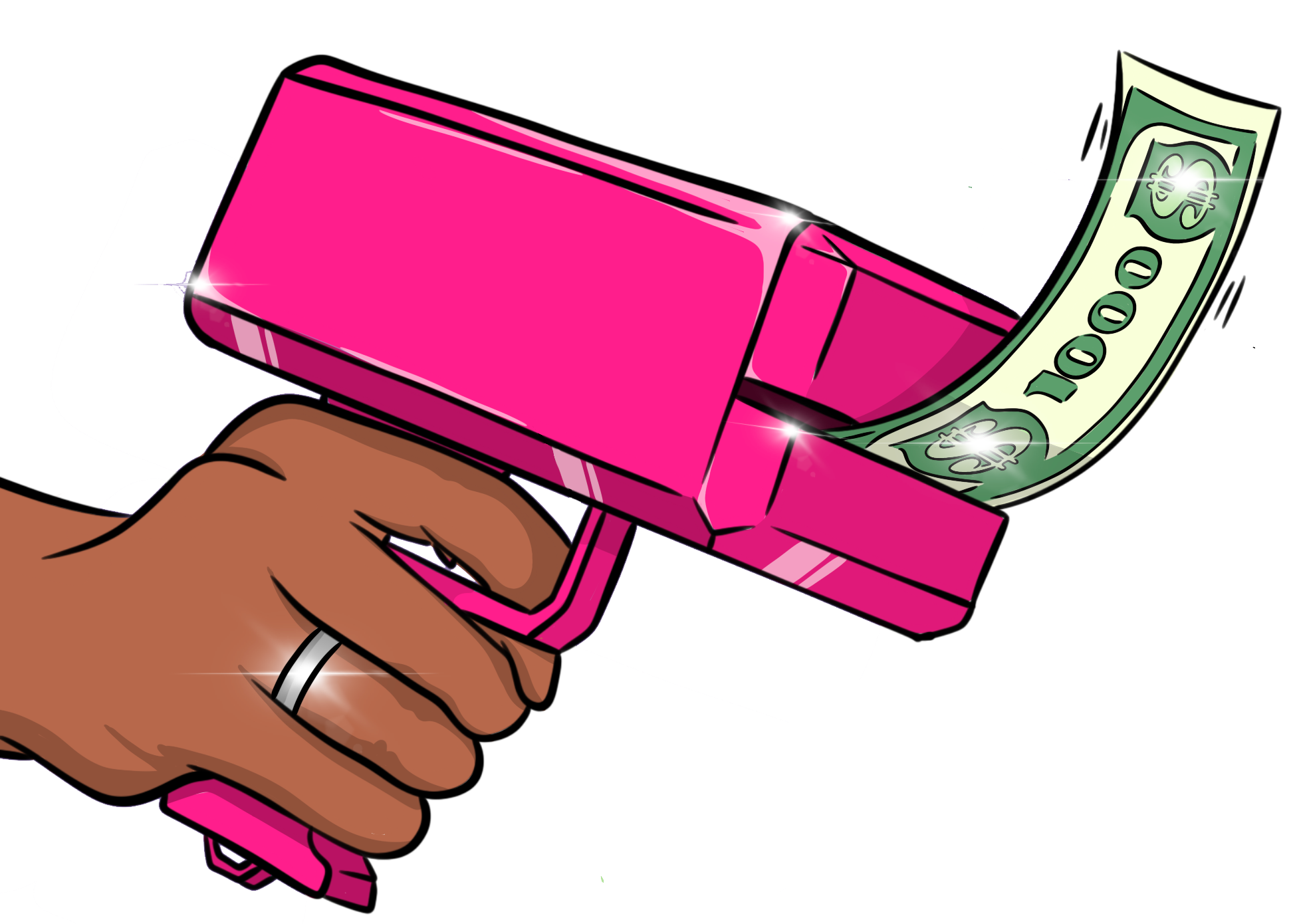What are puberty blockers?
"Puberty blockers have been used for decades in cisgender kids who either are going through puberty too early, or, in some instances, kids who are going through puberty very quickly. Their use has been FDA-approved, well-studied, well-documented, and well-tolerated for a long time now. And it’s the exact same medication that we use in trans or nonbinary children to basically put a pause on pubertal development. Exactly the same medications, at exactly the same doses.” - Jason Klein (paediatric endocrinologist).
Patients undergo extensive psychological assessments and therapy to explore their gender identity and ensure blockers are the right choice. It isn’t just something that is handed out without proper assessment.
What is Gender Dysphoria?
Sex refers to biological traits like chromosomes and reproductive organs, typically assigned at birth. Gender is about personal identity and societal roles, shaped by cultural and social influences, and may or may not align with a person’s biological sex.
Gender dysphoria is when someone feels discomfort or distress because their gender identity doesn’t match the sex they were assigned at birth. This mismatch can lead to emotional distress and affect their daily life.
People with gender dysphoria may seek ways to express their gender more comfortably, such as through changing their name, pronouns, or appearance. The experience varies from person to person, and not all transgender individuals feel dysphoria.
The True Statistics
Research consistently shows that puberty blockers are highly effective in improving mental health outcomes for transgender youth. Here are some key findings.
- Improved Mental Health: A 2020 study in Pediatrics showed that transgender individuals who had access to puberty blockers during adolescence had a 70% lower risk of experiencing lifetime suicidal ideation compared to those who could not access the treatment. McLean Hospital Ministry of Health NZ
- Reduced Depression and Anxiety: According to a 2022 review in the Journal of Adolescent Health, gender-affirming care, including puberty blockers, is associated with a 60% reduction in depression and anxiety symptoms in transgender adolescents. Ministry of Health NZ
- Positive Long-Term Outcomes: A 2021 study in The Lancet Child & Adolescent Health found that trans youth who accessed puberty blockers early experienced a 50% improvement in body image and a significant reduction in gender dysphoria, contributing to better long-term mental health outcomes. Ministry of Health NZ
- Reversibility: Puberty blockers are a reversible intervention, with studies showing that 100% of physical changes caused by the medication can be reversed upon discontinuation, offering adolescents the time to explore their gender identity without irreversible changes. McLean Hospital Ministry of Health NZ
Why "No" to Trans Teens?
The NHS decision follows an interim report from Dr. Hilary Cass, which raised questions about evidence gaps around puberty blockers for trans youth. But much like the rest of the Cass Review, critics argue it’s fuelled by moral panic and transphobia—not accurate science.
While the NHS claims this move is about protecting children, puberty blockers remain available to cis kids with early puberty. If safety were truly the concern, wouldn’t they be banned across the board?
This indefinite restriction for trans youth will only fuel further misunderstandings about these medications.
Fewer than 100 people in the UK—trans and cis children combined—are prescribed puberty blockers. The amount of time and energy the government has spent targeting this small group, instead of addressing the real challenges facing the NHS, is deeply misguided.
The Impact on Trans Youth
For many transgender teens, puberty blockers are more than just a medication—they’re a lifeline. These treatments pause unwanted physical changes, giving young people time to explore their identities without the added stress of irreversible puberty changes.
Decades of research and real-world use show that these medications are safe, reversible, and effective. By restricting access to puberty blockers, the NHS is cutting off a vital support system for young people who are already vulnerable. Critics argue that this decision will leave trans teens facing increased risks of depression, self-harm, and other mental health challenges.
The message this sends to trans youth is devastating: that their needs and well-being are being deprioritised amidst a broader wave of anti-trans rhetoric. This is about more than just access to medication—it’s about the right to thrive as your true self.
What can you do?
Like with any targeted minority, this isn’t a fight trans people can or should fight on their own. We need to actively do the work.
Educate Yourself and Others: A key difference between those who are phobic and those who are not often lies in misinformation or a lack of understanding. Knowledge is power, and sharing accurate information with others can also help break down harmful stereotypes.
Create Safe Spaces: Wherever you are, make it clear that transgender individuals are welcome and supported. This can be done through verbal affirmations, inclusive policies, or simply by being a good listener.
Stand Up Against Discrimination: Whether on social media, down the pub, with that nightmare uncle, challenge transphobic language and actions when you encounter them. It is a privilege to not have to speak up, taking action contributes to a safer, more supportive environment for everyone.








